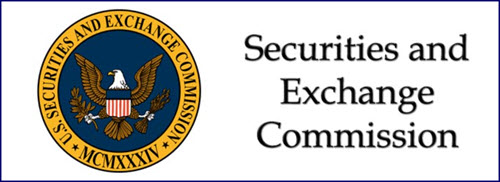
The Real Estate Roundtable submitted comments today to the U.S. Securities and Exchange Commission (SEC) on a proposed rule that would require all registered companies to disclose material financial risks related to climate change. The comments were developed with The Roundtable’s Sustainability Policy Advisory Committee (SPAC), chaired by Tony Malkin (Chairman, President and CEO of Empire State Realty Trust). (GlobeSt, March 22)
Extensive Climate Risk Disclosures
Roundtable Response

Policymaker Concerns
The Roundtable’s comments to the SEC will be a focus of the SPAC meeting on June 17, held in conjunction with The Roundtable’s Annual Meeting.
# # #
The Department of Homeland Security (DHS) issued a National Terrorism Advisory System Bulletin this week, warning of a “heightened threat environment” affecting targets that encompass U.S. critical infrastructure, public gatherings, faith-based institutions, schools, racial, ethnic, and religious minorities, government facilities and personnel, the media, and perceived ideological opponents. (DHS Bulletin, June 7)
CRE & Security Threats

Gun Violence
The Roundtable’s 2022 Roundtable Policy Agenda states, “As a critical part of the nation's infrastructure, real estate continues to face an array of threats from natural catastrophes, international and domestic terrorism, criminal activity, cyber-attacks, and border security. To address such threats, The Roundtable continues to help build a more secure and resilient industry against both physical and cyber threats.”
# # #